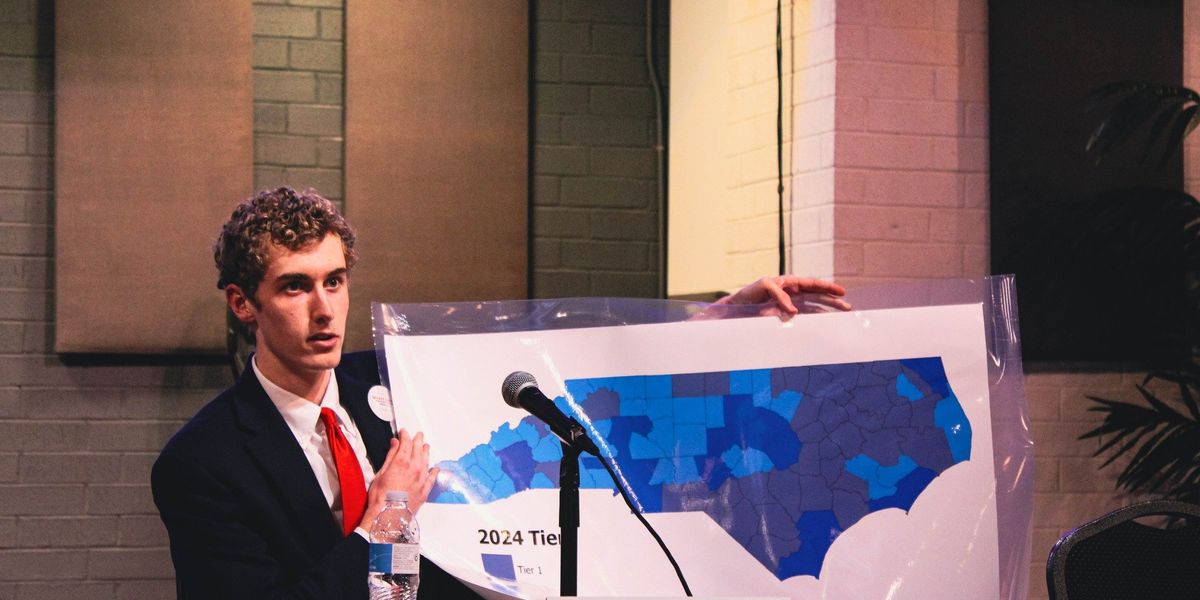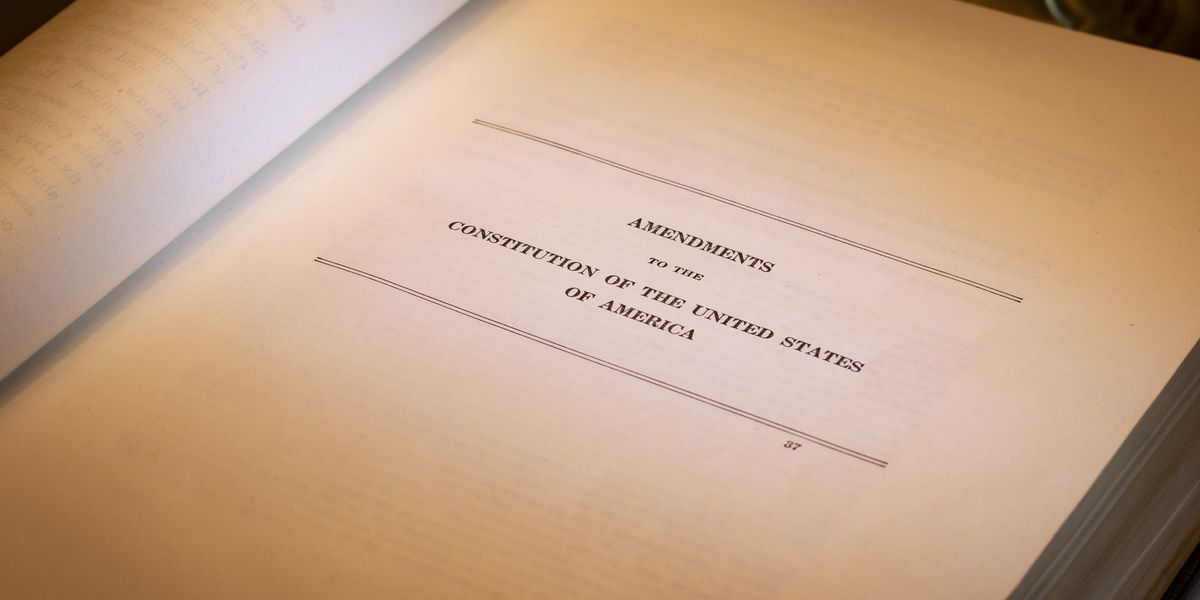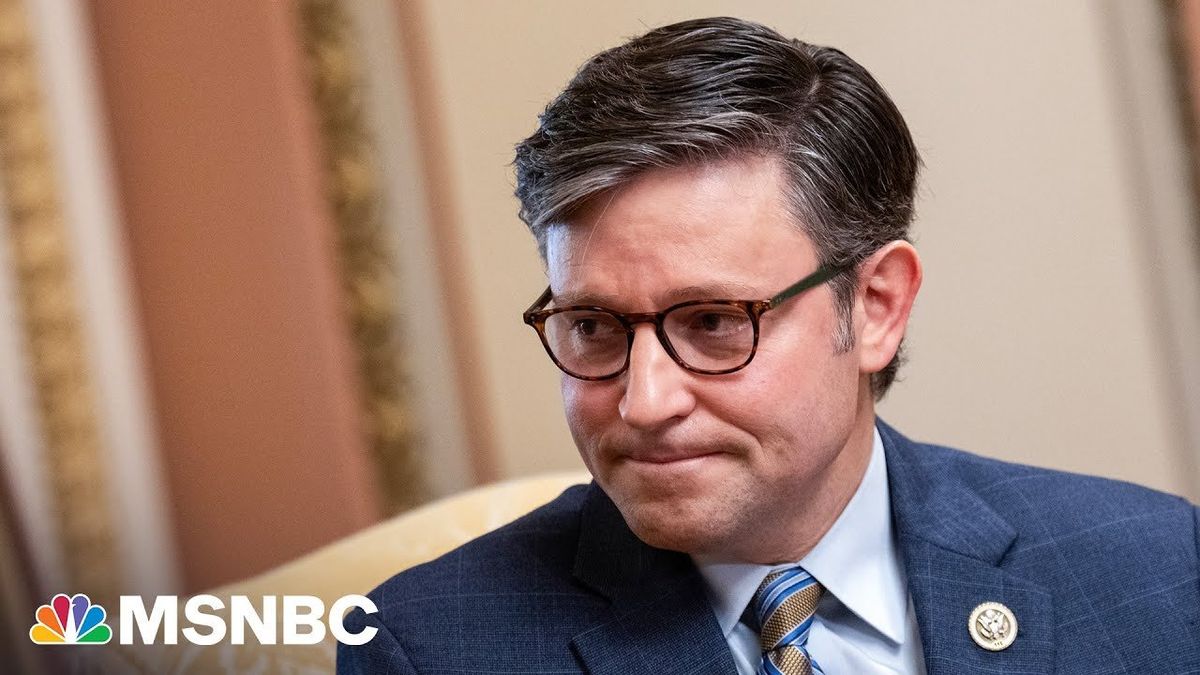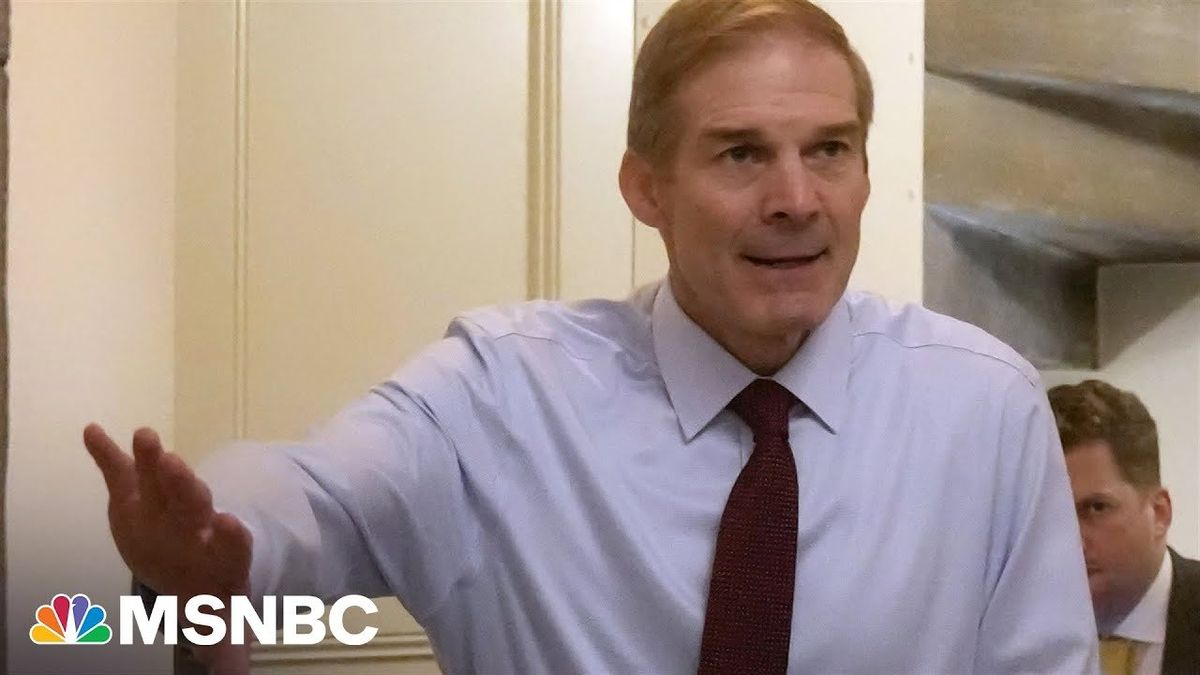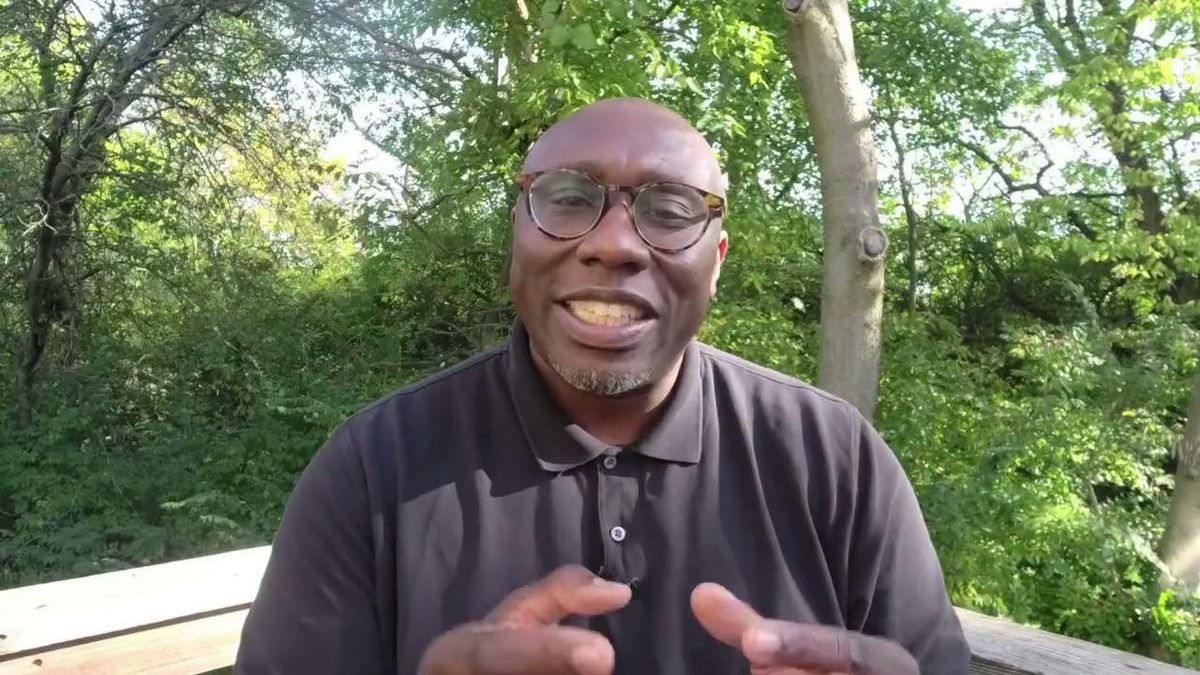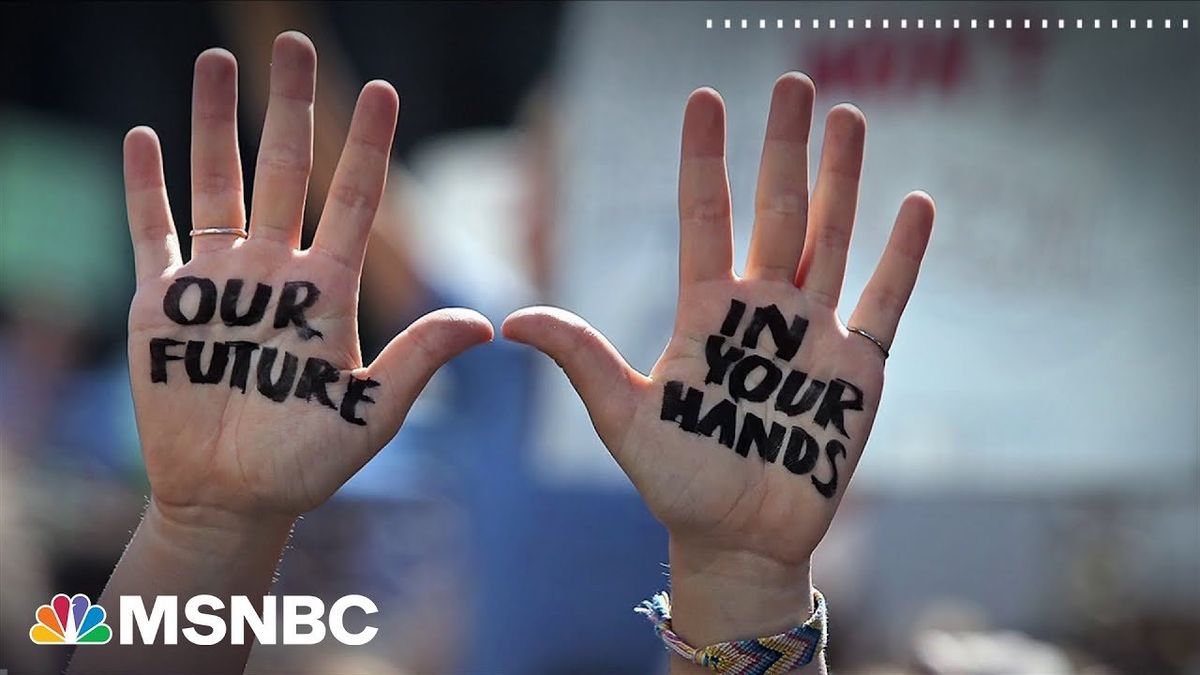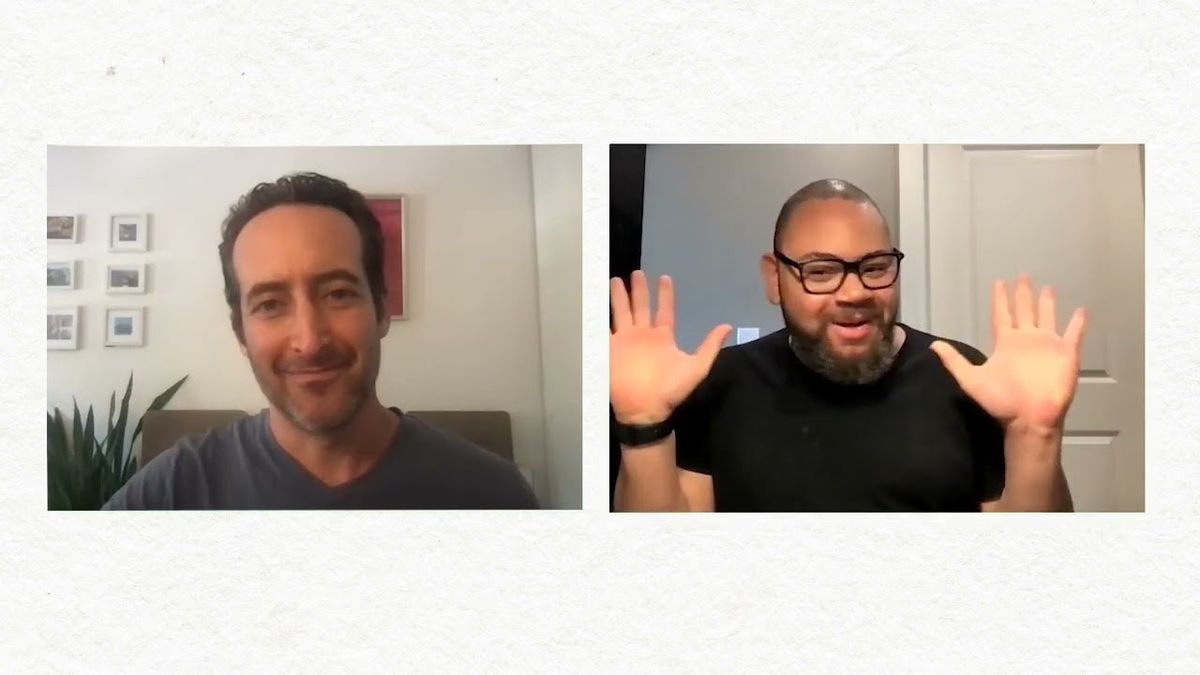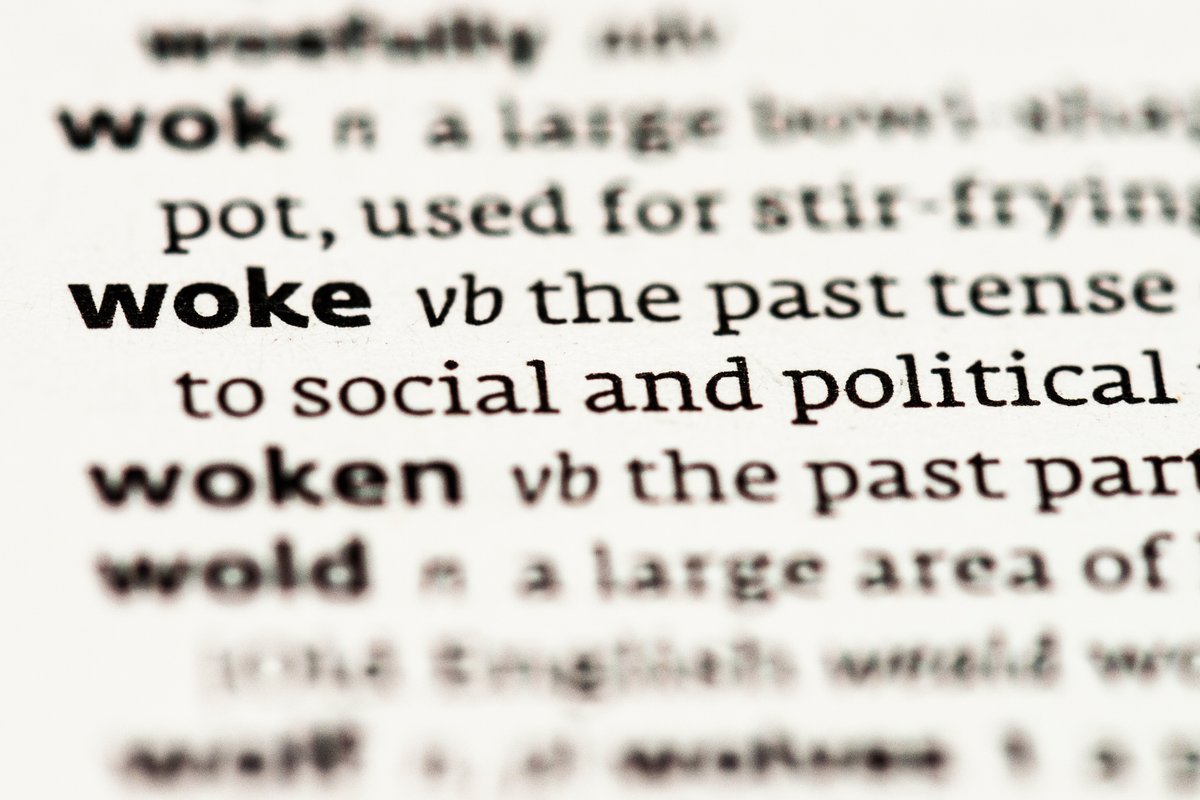Gen Z candidates look to make their mark in this year’s elections
Republican Wyatt Gable, 21, defeated a 10-term incumbent in a North Carolina legislative primary.
Downey is an intern for The Fulcrum and a graduate student at Northwestern's Medill School of Journalism.
In North Carolina’s March Republican primary, a candidate barely old enough to order a beer knocked off a ten-term state legislator.
The victory by Wyatt Gable, 21, over state Rep. George Cleveland, 84, comes as Americans have voiced concerns over the age of elected officials, especially the two frontrunners in November’s presidential race. The college junior, who won the primary by just 95 votes, said that “the age difference” between him and his opponent was actually one of the reasons he “felt confident in running for the seat.”
Gable, who describes himself as a staunch conservative, had been involved in his county’s Republican Party but had not considered running for office until he joined East Carolina University’s chapter of Turning Point USA. The student-oriented conservative organization works to “restore traditional American values like patriotism, respect for life, liberty, family, and fiscal responsibility.”
“Through Turning Point, I realized I had a lot of resources at my disposal and I was able to meet a lot of people and make a big network. So that gave me a lot of resources and confidence to go through with it,” Gable said.
Sign up for The Fulcrum newsletter
According to Abby Kiesa, deputy director of Tufts University’s Center for Information and Research on Civic Learning and Engagement, most young people interested in running for office do not experience these same levels of encouragement or have access to resources like those made available to Gable before his campaign took off.
A 2022 study by CIRCLE found that the rate at which young people sought elected office had increased over the last 10 years, although people ages 62 and older still ran for office at much higher rates than 18- to 25-year-olds. According to Kiesa, despite this growth there is still “some real untapped potential and interest among young people.”
More than one in five young people said they would consider running for office, but many identified lack of encouragement and the perceived financial drawbacks as two of the primary barriers. Organizations like the conservative Run GenZ and the progressive Run for Something were created to help overcome some of these barriers.
Founded in 2020, Run GenZ recruits young conservatives and helps them identify “winnable and viable” offices to pursue. Many of the candidates they have supported in 2024 are, like Gable, running at the state and local levels.
“We really got off the ground in January of 2021, coming off of a lot of these school closures and city lockdowns from the Covid-19 pandemic,” said Mason Morgan, executive director of Run GenZ. “One good thing that came out of that situation was that it reminded people of how much power state legislators hold, how much power your city council holds and your school board. Because it wasn’t Congress that kept everything shut down, it was local school boards and local city councils,” Morgan said.
Like its conservative counterpart, Run For Something was founded because “young people don’t see themselves in current leadership,” said Sara Hadad, the progressive organization’s chief campaigns officer.
“Our whole philosophy is supporting at the local and state level,” said Hadad. “It’s because you’re directly impacting lives daily when you’re working in these offices and for too long they have gone kind of under the radar.”
Kelly Leibold was one of the young local candidates Run For Something supported this year. Leibold, who last week captured a seat on the La Crosse County (Wis.) Board, “saw that her county was getting younger and that the representation really didn’t reflect the demographics or the values of the area, so she threw her hat in the ring,” Hadad said.
Leibold won a contentious race against Bill Feehan, the former La Crosse County GOP chair and one of the 10 people to participate in Wisconsin's fake elector plot in 2020.
The 27-year-old brain cancer survivor has been civically engaged from a young age. After high school she volunteered with community organizations in Pine Island, Minn., but “it was in the summer of 2018 that I took the full step into local government and ran for Pine Island City Council and was elected,” Leibold said.
After losing reelection in 2022 and completing cancer treatment, Leibold relocated to La Crosse, where she became the president of the local Toastmasters Club and an executive board member of the La Crosse County Democratic Party. In November of last year, people started to reach out and encourage Leibold to run for county board. Given her involvement in the community and her growing network, “I knew that maybe I had the support and backing,” Leibold said.
Less than one in five people reported having been encouraged to run for office across all age groups, according to CIRCLE. Of those who had been encouraged to run, there was a stark contrast between where that encouragement was coming from, Kiesa said. Those 60 and older said 85 percent of encouragement came from individuals. For younger people, “it’s much more split,” with nearly half of encouragement coming from organizations.
It’s at the local and state level where young elected officials are most noticeably breaking into politics. There they are demonstrating some of the next generation’s strengths, according to Maloreigh Todd, associate director of public affairs at Future Caucus, the nation’s largest bipartisan organization for Gen Z and millennial elected officials.
“Although so many of them have grown up in a polarized world, Gen Z and millennials are better at passing bipartisan legislation,” Todd said. “They make up nearly a quarter of state legislators across the country, but they’re responsible for about 40 percent of all bipartisan bills.”
If Gable wins his seat come November, he plans to work on the education system and North Carolina’s veterans health care system. He is open to working across the aisle, although it may not be a priority.
“If there is something that both sides agree on that is good for our state and my district, then I am open to bipartisan legislation,” Gable said.
Leibold, who now represents District 1 on the La Crosse County Board of Supervisors, believes “that we’re stronger together united around our shared values.”
“Especially on the local level, issues such as affordable housing, accessible health care and sustainable climate action should be nonpartisan at their core,” Leibold said. “It takes all of us working together to accomplish those goals.”

